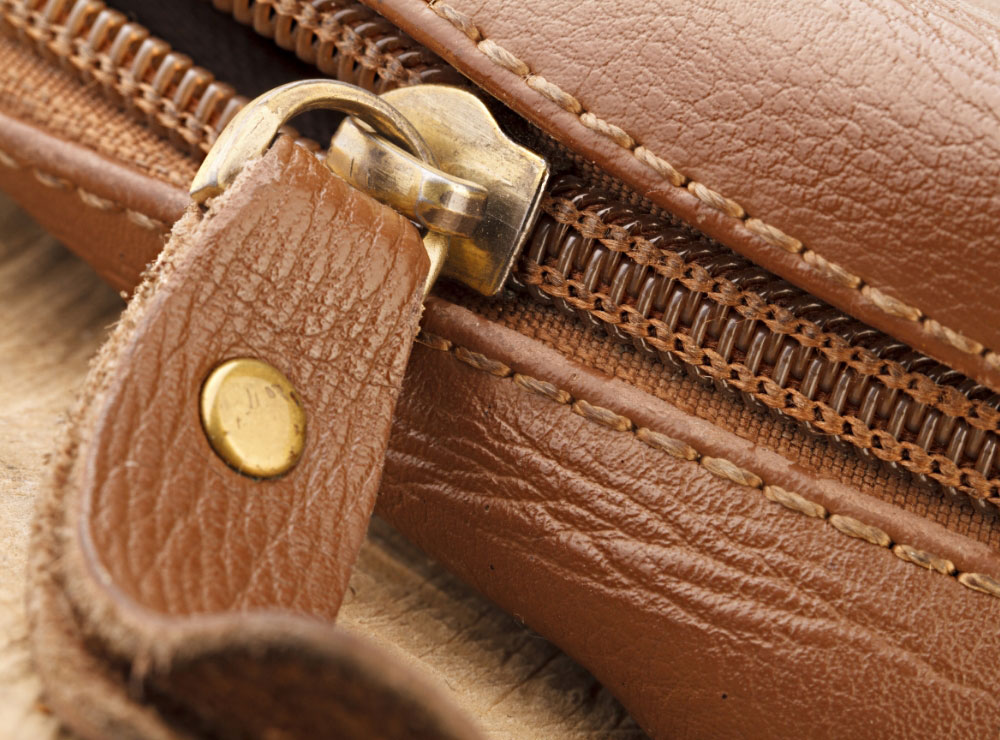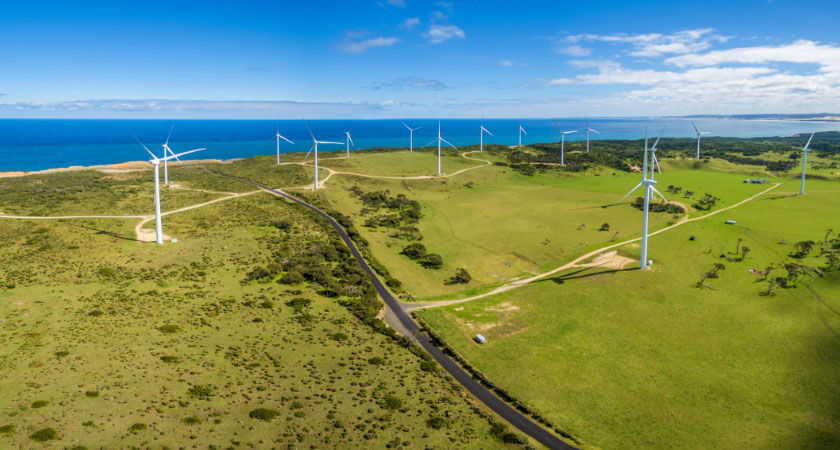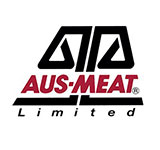Sourcing only from government registered meat processors within Australia’s strict animal welfare legislation.
AHSLEA members only source from ethical meatworks that uphold national animal welfare and sustainability standards. This includes establishments that are certified under the Australian Livestock Processing Animal Welfare Certification System and the National Feedlot Accreditation Scheme.
In the case of kangaroo, only skins with the appropriate state government tags are sourced from approved meatworks that comply with the National Code of Practice to ensure they are harvested humanely and sustainably.
AHSLEA-accredited processors only source tagged skins from approved meatworks with accredited feedlots to guarantee their production comes from humane sources.
Accredited processors operate within a strict Code of Practice and are rated on sustainability.
AHSLEA-accredited processors must comply with the Australian Code of Practice for Processing of Hides and Skins for Export. The Code sets standards around construction, equipment, and methods of operations; outlines quality assurance processes and staff training; and makes sure the processor complies with legislative requirements.
The AHSLEA accreditation program is overseen by AUS-MEAT Limited, an independent third-party certifying body, pursuant to a Memorandum of Agreement between the Association and AUS-MEAT.
This arrangement is supported by a Letter of Exchange between AHSLEA and the Australian Government Department of Agriculture and Water Resources, mandating the involvement of a third-party certifying body in program management.
The Department conducts regular audits and training to ensure ongoing compliance with its requirements.
To view the list of accredited plants, click the AUS-MEAT image below and choose the ‘Hides and Skins Exports’ program.
Drive to modernise to meet changing
customer needs.
Amid a global move towards more environmentally sustainable leather tanning, many Australian processors have invested heavily in clean tanning, waste management and carbon emissions reductions.

Initiatives include:
- Chrome and pickle recycling
- Hair and fat saving technologies
- The reuse of treated wastewater
- The use of renewable energy
- Increased drum capacities whilst minimising environmental impact
- The strict prohibition of all internationally banned hazardous chemicals on the ZDHC Manufacturing Restricted Substances List.
How do I know I’m
buying ethically?
Consumers and brands can identify ethical and environmentally responsible leather processors by the Leather Working Group (LWG) logo. The LWG audit is the most rigorous and widely accepted environmental accreditation scheme for the leather manufacturing industry in the world. The audit process addresses traceability and processing along the leather value chain, and is used by eligible AHSLEA member tanneries.


